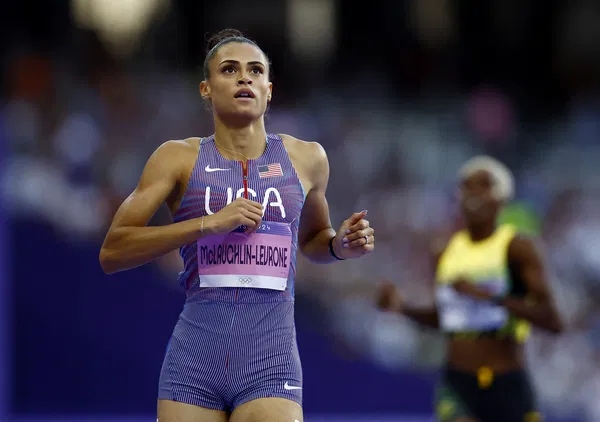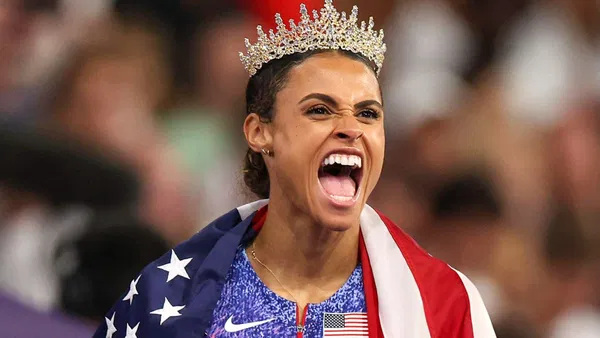Sydney McLaughlin-Levrone stepped onto the track for Heat 1 at the Tokyo Olympics, facing an environment unlike any she had encountered before. Unlike her earlier Olympic experience as a young and overwhelmed competitor at Rio 2016, McLaughlin-Levrone had grown into a confident athlete. However, the sight of an enormous, empty stadium amidst a global pandemic felt strange and unsettling. As the starting gun fired, she launched into her sprint, but something felt off.

Reflecting on her experience in her book, Far Beyond Gold: Running From Fear to Faith, McLaughlin-Levrone described struggling to summon the aggression necessary for competition. She attributed this to factors like the time difference and the eerie emptiness of the stands. Despite her challenges, she advanced to the next round but realized her journey would not be easy.

During the second round, McLaughlin-Levrone began to find her rhythm again. While she admitted that her performance in Heat 2 was far from perfect, she was regaining her confidence. A surprising factor in her preparation was the unusually long wait of nearly 60 hours before the semifinals. This interval allowed her and her coach, Bob Kersee, to fine-tune their strategies. Kersee, a legendary coach known for guiding athletes like Florence Griffith-Joyner, worked closely with McLaughlin-Levrone to ensure she remained focused and mentally prepared.
However, nature had other plans. As the semifinal approached, heavy rain began to pour, creating a nightmare scenario for a hurdler. McLaughlin-Levrone explained the complications rain brings to hurdles, such as the increased risk of slipping, crashing into barriers, or losing balance. Despite these challenges, when an Olympic official asked if she wanted to wait due to the downpour, she confidently chose to proceed.
Guided by her determination and Kersee’s expertise, McLaughlin-Levrone approached the race with precision. Kersee meticulously reviewed every aspect of her strategy, from establishing a rhythm in the early hurdles to accelerating at the midway point. His motivational words and unwavering focus on achieving the fastest qualifying time inspired McLaughlin-Levrone to push past the limits of her circumstances.
The semifinal was a test of grit, but McLaughlin-Levrone triumphed, advancing to the final and ultimately winning the gold medal in world record time. This monumental achievement underscored not only her talent but also the vital role of Kersee’s guidance. The partnership between the two began in 2020 after McLaughlin-Levrone faced difficulties training under Joanna Hayes. Since switching to Kersee’s camp, she has won multiple Olympic golds and set numerous world records.
McLaughlin-Levrone’s performance in Tokyo highlighted her resilience and ability to adapt to adversity, redefining what it means to be an Olympic champion. From battling the psychological challenges of an empty stadium to overcoming physical hurdles in a torrential downpour, her journey was a testament to the power of perseverance and strategic preparation.